17 Facts About Vultures That Prove They Don’t Deserve a Bad Reputation
Vultures don’t exactly have the best reputation, and people see them as creepy, ominous, and just plain gross. These myths are often created by movies and misconceptions. In reality, these birds are vital to the environment and much more fascinating than most people realize.
The moment they’re seen circling in the sky, people associate it with bad omen. But the truth is that without them, ecosystems would be in serious trouble. Their role is vast, from stopping deadly diseases to having genius survival tricks. These misunderstood birds are way cooler than you would like to think. This article highlights some interesting facts about vultures to show you these amazing birds in a whole new light. Let’s go!
They Prevent Disease Better Than Most Doctors

Credit: Canva
If vultures had a slogan, it would be: “Cleaning up the world, one carcass at a time.” These birds consume dead animals before they have time to spread diseases, preventing outbreaks that could harm humans and wildlife. Their stomach acid is so powerful that it kills deadly bacteria like anthrax and rabies. The world is much healthier because of them.
Their Heads Are Bald for a Very Good Reason
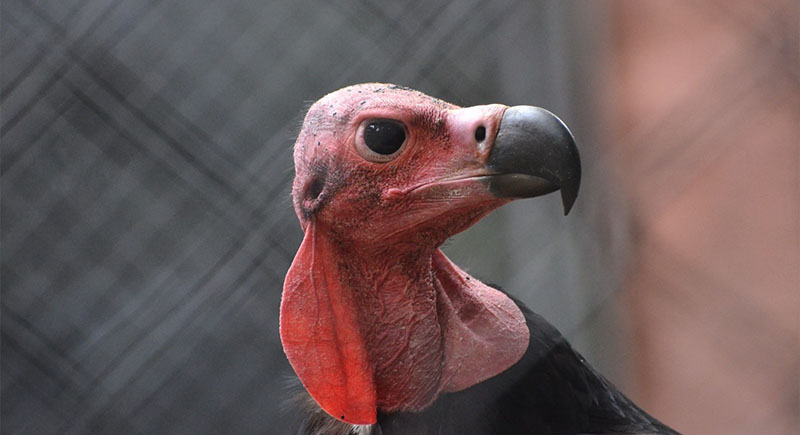
Credit: Wikimedia Commons
Vultures’ bald head is not a bad fashion choice—it’s a built-in hygiene hack. Since they dive headfirst into carcasses, having feathers up there would get messy fast. Their bald skin makes it easier to stay clean and avoids trapping bacteria.
They Have Built-In Air Conditioning
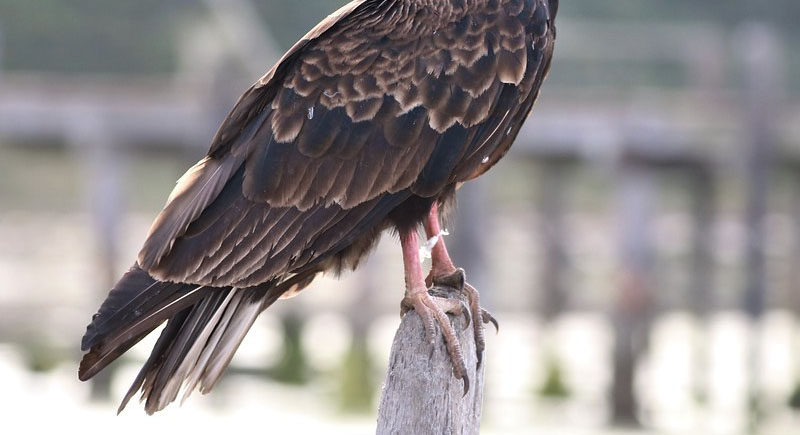
Credit: flickr
Vultures have a weird way to stay cool. They pee on their own legs. Sounds disgusting, right? But there’s actually a brilliant reason behind it. When their urine evaporates, it helps them lower their body temperature, just like sweat does for humans. Plus, the acid in their pee kills bacteria, so it’s also a built-in sanitizer.
They Can Soar for Hours Without Flapping

Credit: Canva
If you ever see a vulture circling in the sky, chances are it’s just enjoying the view. These birds have massive wingspans (some up to 10 feet wide!) and can ride thermal air currents for hours with barely any effort. Scientists say vultures are some of the most efficient flyers on the planet, using less energy than almost any other bird.
They’re Surprisingly Smart

Credit: flickr
These birds are actually really intelligent. Studies show they have strong problem-solving skills, can track moving prey, and even use tools. Some vultures will drop bones onto rocks to crack them open and get the nutrient-rich marrow inside. That’s not just survival—that’s strategy.
Some Vultures Don’t Even Eat Dead Animals
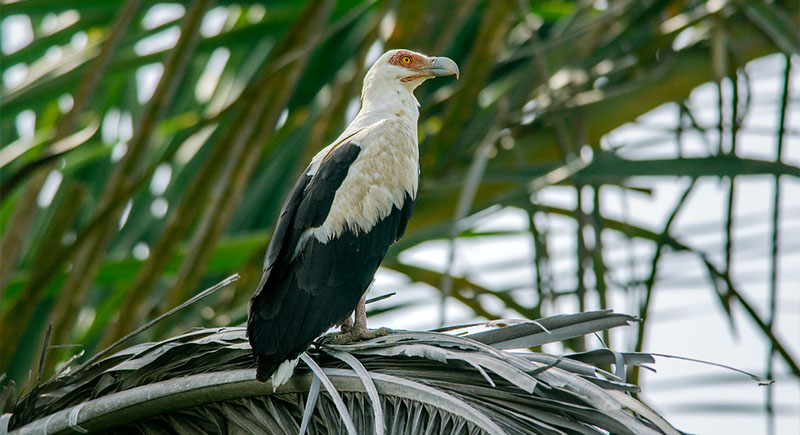
Credit: flickr
While most vultures are famous for scavenging, some species, like the Palm-nut vulture, prefer a plant-based diet. These birds feast mostly on fruits, palm nuts, and seeds, proving that not all vultures are obsessed with carrion. In the bird world, they’re basically the vegan cousins of their meat-eating relatives.
They Have a Secret Superpower
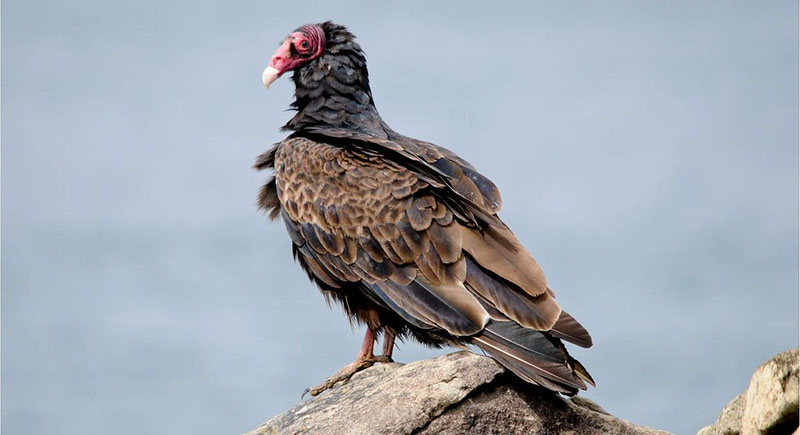
Credit: flickr
Some vultures have insanely good eyesight. The Turkey vulture can spot a meal from over a mile away and can even smell decaying flesh from high up in the sky. That’s a rare talent in the bird territory since most birds rely on sight alone.
They Can Scare Away Lions and Hyenas

Credit: Canva
Lions and hyenas might be fierce predators, but even they know not to mess with vultures. These birds travel in large groups and will mob other scavengers to claim their food. Some vultures, like the Lappet-faced vulture, are so big and aggressive that they can bully hyenas off a carcass.
They’re More Loyal Than You’d Expect

Credit: Canva
Vultures may not seem like romantic birds, but some species mate for life. Once they find a partner, they stay together for years, raising chicks and soaring side by side. Not bad for a bird that people assume has zero emotional depth.
Their Vomit Is a Weapon
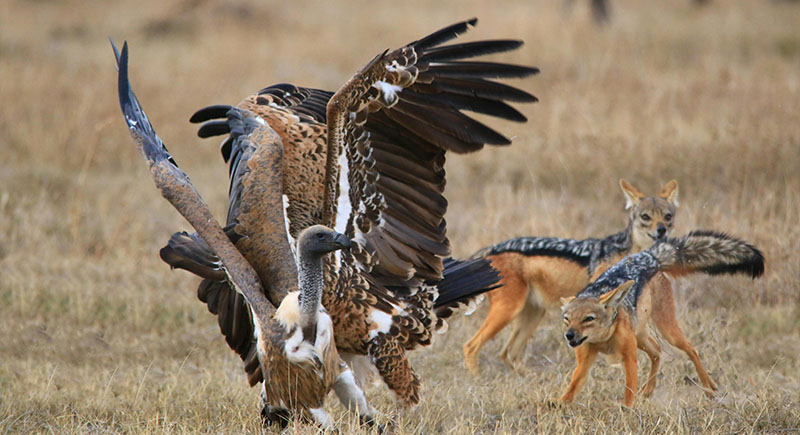
Credit: pexels
If a vulture feels threatened, it has one nasty defense mechanism—it vomits all over its attacker. Not only does this smell absolutely awful, but it also makes them lighter, allowing for a quick escape. Imagine getting puked on and then watching your target fly away faster—brutal, but effective.
They’re One of Nature’s Best Recyclers

Credit: Canva
By eating dead animals, they help recycle nutrients back into the environment, reducing waste and keeping ecosystems balanced. Without them, we’d have a lot more rotting carcasses lying around, and nobody wants that.
Some Cultures Worship Them as Sacred Birds

Credit: pexels
In many cultures, vultures are seen as symbols of life and renewal rather than death. In ancient Egypt, they were considered protectors, and in Tibetan Buddhism, they play a role in sky burials, where bodies are fed to vultures as a final act of giving back to nature.
They Help Scientists Solve Crimes
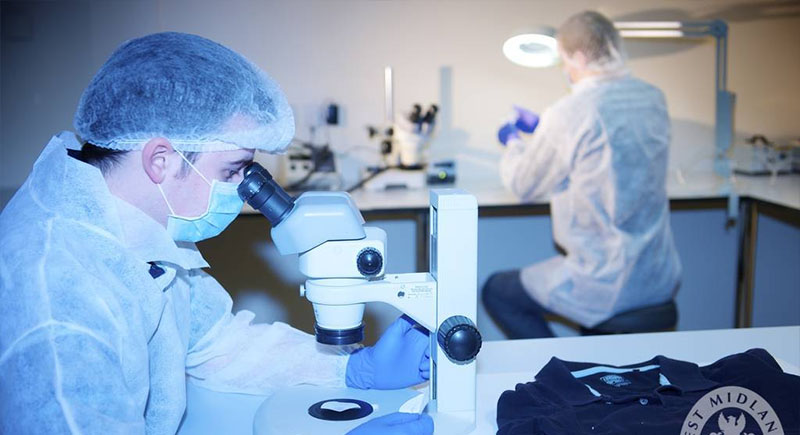
Credit: Wikimedia Commons
Believe it or not, vultures are accidental detectives. Forensic experts study vulture feeding patterns to estimate the time of death in criminal investigations. Their eating habits can reveal clues about how long a body has been exposed, making them surprisingly useful in solving mysteries.
They’re One of the Most Endangered Groups of Birds
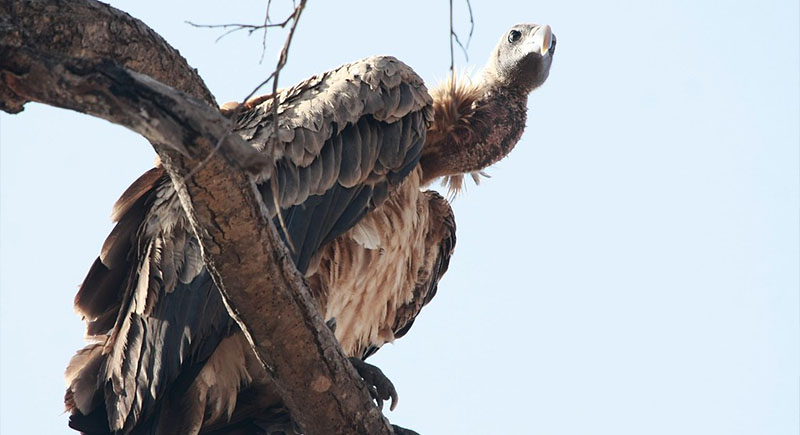
Credit: flickr
Despite their importance to the environment, vultures are rapidly disappearing due to habitat loss, poisoning, and illegal poaching. Some species, like the Indian vulture, have declined by over 95% in the last few decades. Without them, ecosystems suffer, and diseases spread more easily.
Without Vultures, the World Would Be a Much Dirtier Place
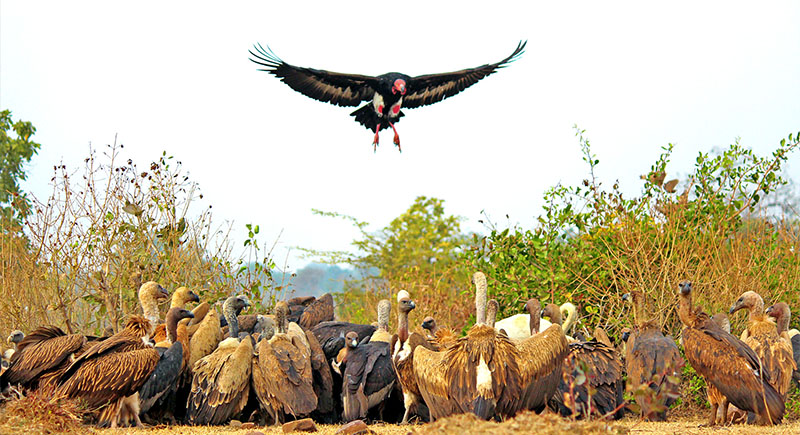
Credit: Wikimedia Commons
Imagine a world without garbage trucks—that’s what happens when vulture populations decline. In areas where vultures are disappearing, disease-carrying rats and wild dogs take over, leading to increases in deadly illnesses like rabies. These birds may not be the prettiest, but they’re essential for keeping our planet clean.
They Throw Shade, Literally
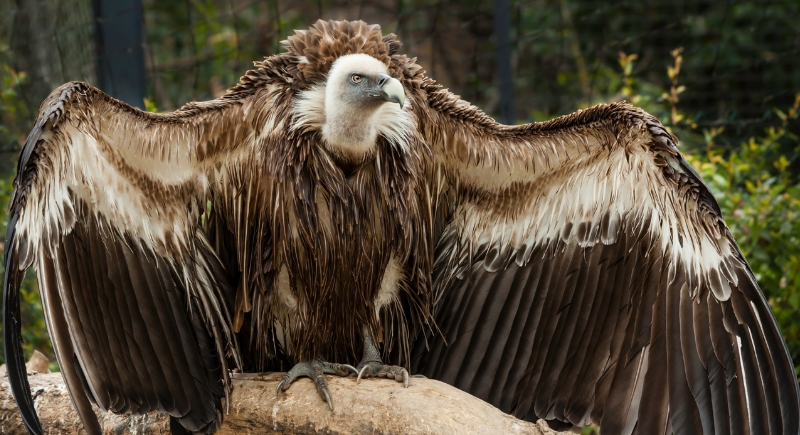
Credit: Getty Images
When the sun starts blazing, vultures turn into professional shade-makers. These clever birds spread their massive wings, not to show off, but to regulate their body temperature and dry off after a meal. Their “sunbathing” pose looks dramatic, but it’s actually a smart way to stay cool, clean, and camera-ready.
Their Poop Is Surprisingly Useful

Credit: pexels
Vultures don’t just clean up the mess; they improve it. Their droppings, called “whitewash,” actually disinfect their legs after walking through carcasses. This poop power also helps kill bacteria in their environment. It’s nature’s cleaning solution, proving even their least glamorous habits are vital to keeping ecosystems healthy.